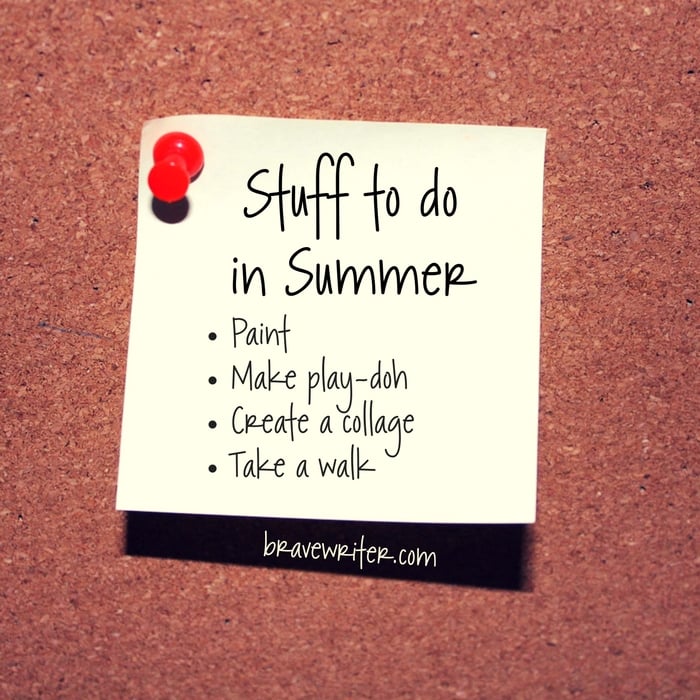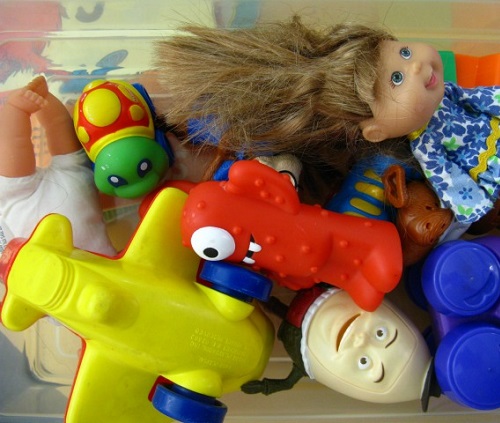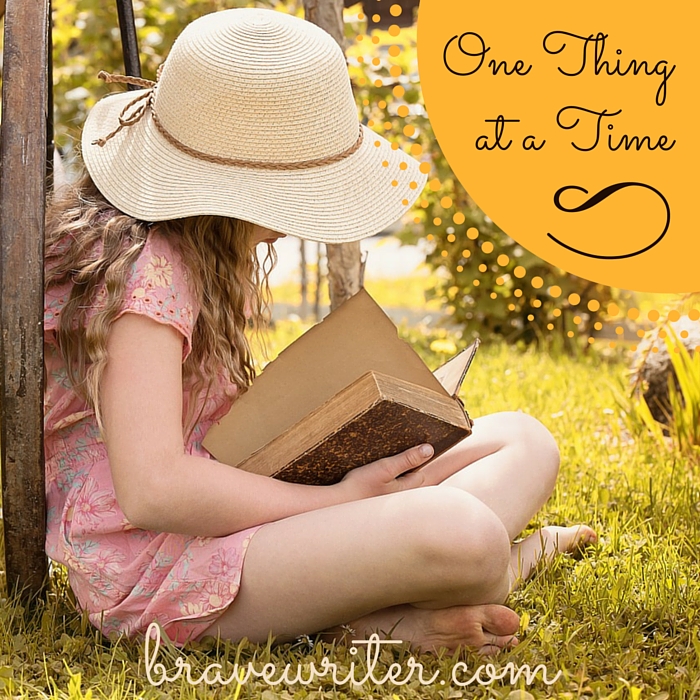
Hi everyone.
I made a list years ago of things to do in summer. We posted it to our refrigerator so that if any child came to me saying, “I’m bored; I have nothing to do,” I could simply point a silent finger at the door and they would know to scan the list before asking for any more ideas. Usually, they found something.
The key to using la liste is making sure that you have the supplies already stocked up in your house. Don’t put “oil pastels” as an option if you haven’t bought them. Make sure everything that they may want to do, can be done.
Before I post the list, here are a few ideas to consider as well:
- Create an art table that houses markers, paintbrushes, watercolors, glue (of varying styles), paper, pipe cleaners, string, tape, staplers, scrapbooking pages and so on. (We use tin cans from beans etc. to hold the paintbrushes or markers.) Purchase colorful clay to bake into novel items.
- Make a nature station which includes binoculars, birding guides, seeds, trowels, and a cheap digital camera for photo ops (when the squirrels fight or you see a cool caterpillar).
- Tune up bicycles (air in tires, brakes that work), purchase a badminton set or croquet, collect water guns and pool toys.
All right, without further ado:
Here’s the list!
- Paint
- Make play-doh
- Create a collage
- Take a walk
- Swing
- Climb a tree
- Listen to music
- Read a book
- Read a magazine
- Legos
- Playmobiles (or whatever toys you have that your kids love)
- Reorganize your bedroom (moving furniture around)
- Sew
- Learn a new recipe
- Hammer nails into scrap wood (for some reason, this is always satisfying)
- Jump rope
- Take the dog for a walk
- Fill the wading pool and splash
- Shoot each other with water guns
- Blow bubbles
- Sidewalk chalk the driveway
- Inventory the house (count windows, steps, pillows, door knobs, mirrors, paintings, photographs) Use a clipboard to record findings.
- Write a poem
- Make a phone call to grandma
- Email Dad/Mom at work
- Play a board game
- Make a picnic under a tree
- Lie on your back and look at clouds
- Watch a movie
- Play a video game
- Create fairy houses with twigs, moss, leaves, acorns. Make fairies out of scrap fabric, pipe cleaners and wooden beads.
- Create shoe box houses for little dolls
- Catch tadpoles (in a local stream)
- Catch fireflies in a jam jar
- Do something for someone else (vacuum a room, empty the dishwasher, fold clean clothes)
- Sort clothes that are too small and give to charity
- Alphabetize the spices in the spice cabinet
- Learn to do a cartwheel
- Run through the sprinkler
- Play HORSE with the basketball
- Play jacks
- Play pick up sticks
- Play a musical instrument
- Dress up in dress up clothes
- Face paint
- Draw with oil pastels or charcoal
- Roast hotdogs in an open fire; make s’mores
- Collect wild flowers for a centerpiece at dinner
- Memorize riddles, poems, rhymes
- Act out a favorite play or story
- Polish nails
- Rub on temporary tattoos
- Learn to braid hair
- Make a fort in the living room
- Study a tide pool (if you’re lucky enough to live near one!)
Please add to the list in the comments section! I’m sure you’ll have ideas I haven’t included.






















